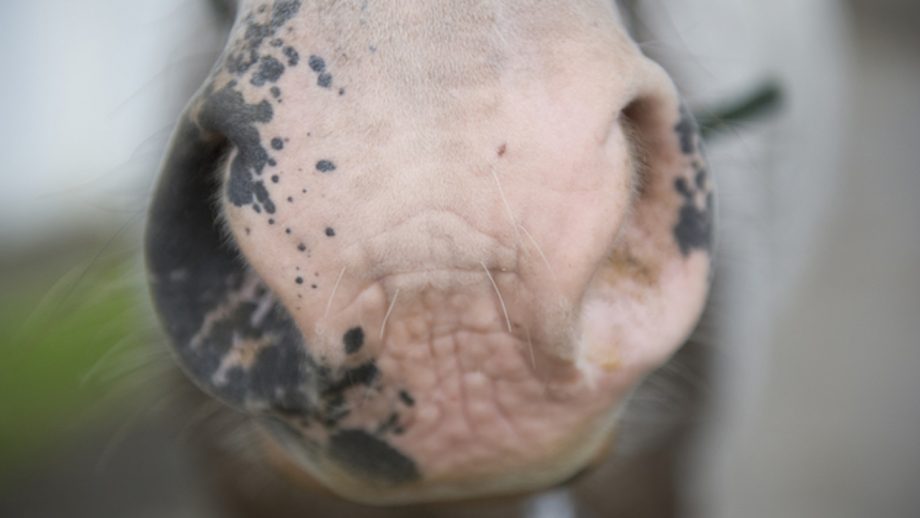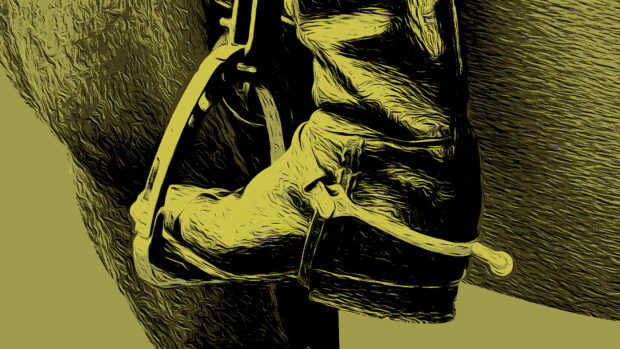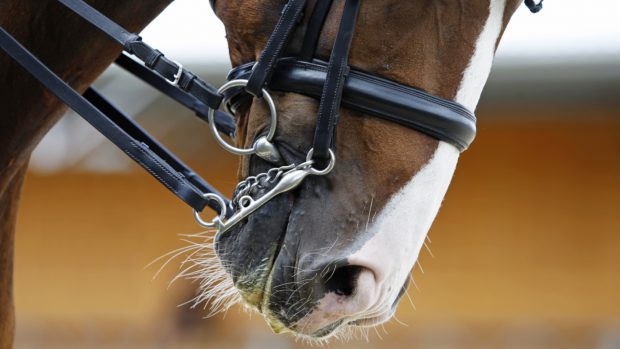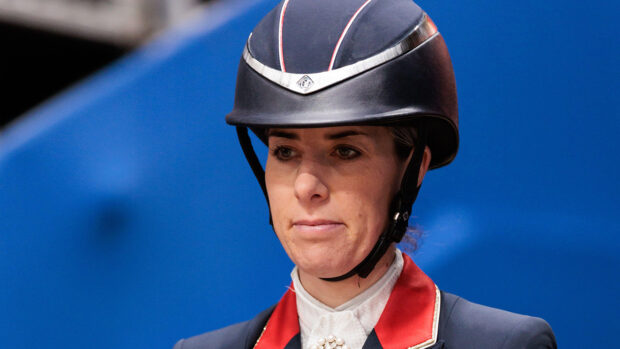The sport-horse world must “be ahead of public expectations” and has to shout louder about its positives if it wants to safeguard its future.
Leading vet Jenny Hall and FEI eventing risk management steering group chairman Geoff Sinclair discussed what the future holds for eventing in a changing world at the risk management seminar last month (22 January).
“Social licence is a new phrase here in our vocabulary in the last 18 months to two years, and it’s serious,” said FEI eventing committee chair David O’Connor, introducing the discussion. “It’s not specific to our sport [of eventing]; it is specific to equestrian sport as a whole, all the disciplines, and all the disciplines have an effect on other disciplines – even ones outside the FEI.”
The discussion centred around World Horse Welfare chief executive Roly Owers’ speech at the 2021 FEI general assembly, which focused on what social licence means in horse sport, the threats to it, and how the equestrian world can protect itself.
In essence, social licence is the public acceptance of a practice, such as the involvement of horses in sport. But society will know if an industry does not self-regulate properly, and will take that ability to self-regulate away from them.
The impact of social media and live broadcast on how any controversy can spread like wildfire – regardless of whether it is linked to FEI sport or not – were highlighted.
But that spotlight equally affords horse sport a place to shout about its positives, its progress in welfare and safety – and the equestrian world must do more to communicate these.
Dr Hall said although welfare is “embedded” throughout the FEI, the sport needs to be on the “front foot” to make this more visible.
“It seems like a small point and it’s easy for us all to forget, but one specific thing we have done to improve the welfare of the horse was the rule that was implemented on 1 July last year outlawing the clipping or shaving of sensory hairs,” she said.
“For a lot of us involved directly with horses, it might seem a small point. But to the knowledgeable, horse welfare behavioural community, that was very well received and was quite a substantial change.”
She added that developments such as frangible devices – and the number of horse falls they prevent – plus the way courses are designed and safety procedures are all positive.
“I think we don’t necessarily have the data very effectively to prove that, but I think the big gap we have is not communicating well and [these developments] not being terribly evident to external observers,” she said.
Dr Hall said the development of the Horse Welfare Board in British racing, and Mike Etherington-Smith’s appointment to that as equine safety advisor, are “really relevant” for the wider horse world.
But challenges remain.
“One thing I’ve been thinking about, is that for all the improvements with fence design and safety of fences, sadly at the two biggest recent evening championships – the World Equestrian Games [2018] and the Olympics, there was a horse fatality in both those eventing competitions, and nothing to do with the obstacles. They were limb injuries that resulted in those horse fatalities,” said Dr Hall.
Recent controversies including the images of modern pentathlon at Tokyo, and allegations over home training methods of a high-profile European showjumper – which he denies – are two examples of the impact events outside FEI control can have on public perception.
“Many of the things we have seen affect eventing have not necessarily been about eventing, or certainly not been about FEI events,” said Mr Sinclair, referring to situations where home training methods have come under scrutiny.
“How do we protect ourselves? We’ve got to accept that change is happening and we have already changed a lot in the last 20 years, which is great. Us as officials out there, and riders, we have to say not only can I, but should I be doing this? Consider everything we are doing on an ethical basis of decision-making. When we implement those rules, be ethical about it and think about what the sport looks like.
“We know what is right and wrong and as a sport, we need to be ahead of the public’s expectations.”
Dr Hall warned that once a sport has lost its social licence and decisions on its future have been taken out of its hands, “you can’t get it back”.
“Modern pentathlon was nothing to do with FEI sport, but because there was a horse in the pictures, it all gets wrapped up into one,” she said.
“And that’s where we can’t explain it to the general public. So we have to be on the front foot and really ensure that everyone understands that anything that doesn’t look right to an uninformed person, who just knows they can see a horse and something happening to it, is the sort of thing we have to avoid.”
You might also be interested in:

Subscribe to Horse & Hound magazine today – and enjoy unlimited website access all year round

Horse sport must act to stay in Olympics: ‘We are guests at these Games’

Making eventing safer: new tool to help riders assess their form accurately

Ban on trimming horses’ whiskers for international competitions starts today
The ban came into force at FEI events on 1 July
Horse & Hound magazine, out every Thursday, is packed with all the latest news and reports, as well as interviews, specials, nostalgia, vet and training advice. Find how you can enjoy the magazine delivered to your door every week, plus options to upgrade your subscription to access our online service that brings you breaking news and reports as well as other benefits.




